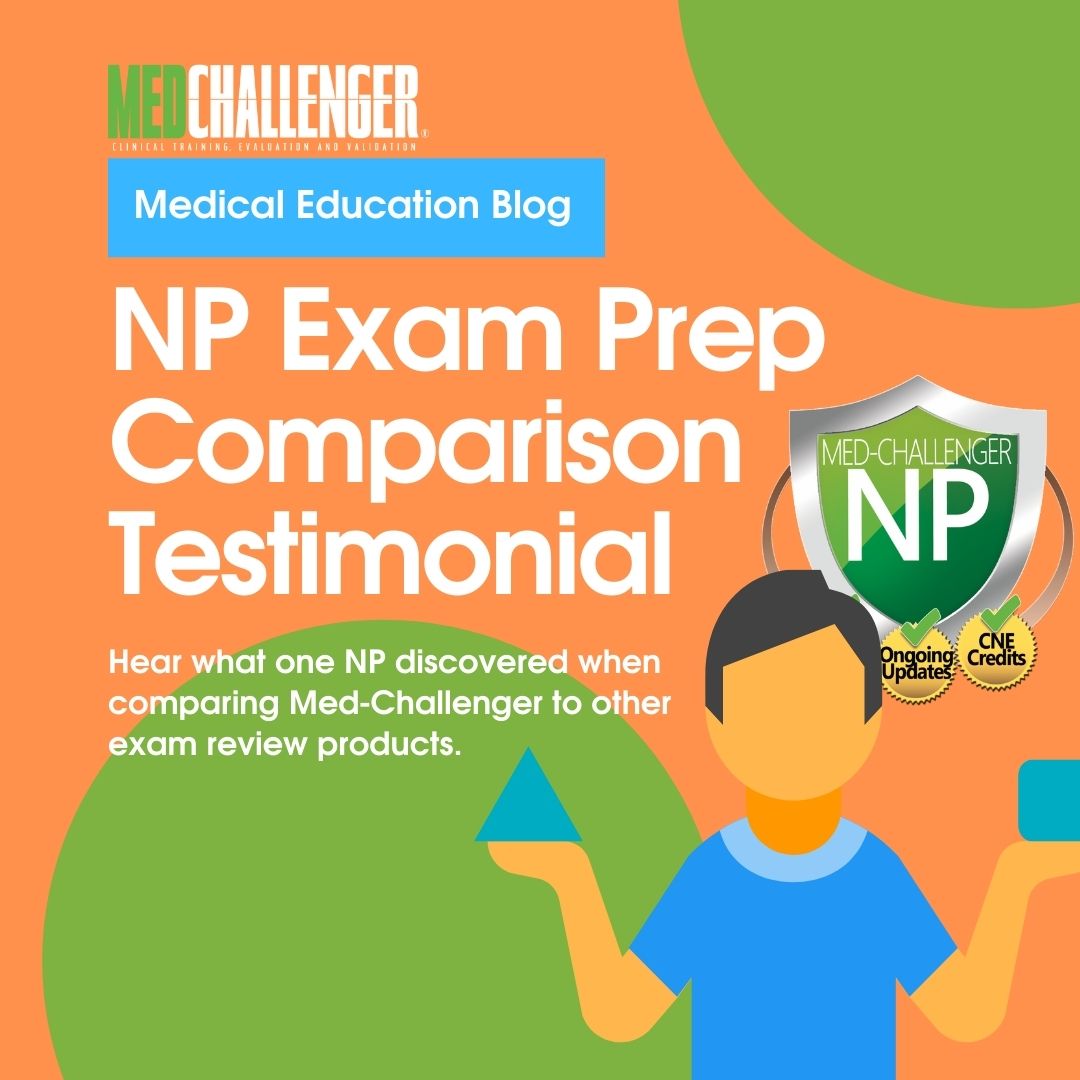How to Study for COMLEX Level 1: A COMLEX Exam Prep Story
What I Did to Study for the COMLEX Level 1 and USMLE Step 1 Exams
The most exam prep I ever did in my life was definitely as a medical student for COMLEX 1 and USMLE step 1. I ended up doing well on both exams but could not have even known where to begin without helpful tips and a framework from hard working students who came before me.
It started 2nd year at the end of November/beginning of December. Over Thanksgiving break I laid out a plan and milestones I wanted to be hitting between then and test day (June 10th and 17th).
I mainly used UWorld, Pathoma, and some online video resources like Sketchy.
I started out doing some UWorld questions - just picked a section and dug in. Doing questions daily gave me a way to get through the material once over time.
A typical day started with first reviewing UWorld questions I answered the previous day. I would go through each question, right or wrong, and read the description. Spaced repetition is an invaluable way to cement learning! Second, I worked through a section of First Aid for the USMLE with video supplementation. Third, I answered a block of 40 UWorld questions followed by, fourth, working through a section of Pathoma with video supplementation. Fifth, I would finally answer a 2nd 40-question block of UWorld questions. Then, sixth, I would work through a section of Sketchy videos. I tried to coordinate the First Aid and Pathoma topics for each day, but I would run through Sketchy from start to finish regardless of the daily topic, attacking micro first, then pharmacology, and finally pathology.
For me, breaking up my COMLEX and USMLE question banks and readings with videos really helped me stay focused and mitigate monotony.
I would also start most days with exercise.
At the end of the day, I spent approximately 8-10 hours/day studying for 6-7 months, but went into the exam feeling like there wasn't much more I could do. Granted, coming out of the exam I felt like I failed... but getting the score of 244 on USMLE and 646 on COMLEX in the results email felt amazing!
One last tip for those DO candidates studying for both -- I took USMLE one week before COMLEX so that I could cram Savarese and all the OMM in that week between exams.
In hindsight, there is probably nothing about my approach that I would change. Just remember if it doesn't challenge you, it doesn't change you. PACE YOURSELF!
- Emily Harlos, DO
I would go through each question, right or wrong, and read the description. Spaced repetition is an invaluable way to cement learning!Emily Harlos, DO
Future Plan: USMLE Step 2CK / Step 3 Review
Med-Challenger provides a high-quality USMLE Step 2CK / 3 review course with 1000's of case-based questions, detailed answers, time-saving remediation features and a low-cost membership plan that can save you money, time, and stress throughout your clinical career. Special offers available.
Have an exam prep story to share?
Med-Challenger is seeking "exam stories" from physicians, nurses, physician assistants as a way to help share insights into the best way to prepare for the most current medical certification exams. If you've recently taken a specialized medical certification exam, we want to hear about it!
No matter your program type, no matter the size, Med-Challenger's Institutional Medical Education has a solution for you.
For personal medical education that includes board's prep, MOC, and CME requirements, Med-Challenger has you covered in Family Medicine, Emergency Medicine, Internal Medicine, Pediatrics, Pediatric Emergency Medicine, OBGYN, Urgent Care, Physician Assistants, and Nurse Practitioners!


